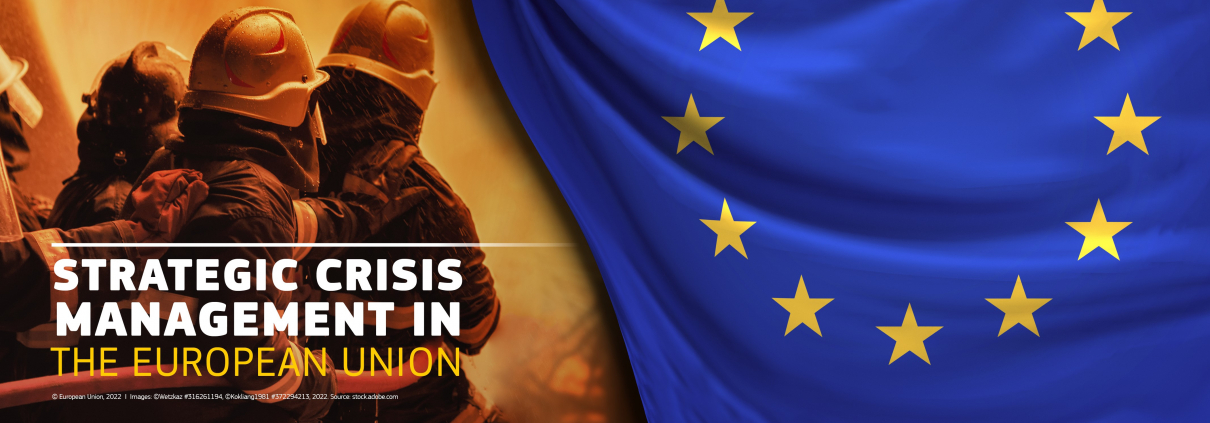Europe Needs More Strategic Crisis Management, Academies Advise European Commission
Europe’s academies and networks played a central role in the scientific advice on crisis management handed to European Commissioners today in the European Parliament in Strasbourg.
At the Commission’s request, independent experts from SAPEA, which is part of the Commission’s Scientific Advice Mechanism, presented an Evidence Review Report to Commissioners Gabriel and Lenarčič. This report contains the latest scientific evidence and evidence-based policy options on how the EU can improve its strategic crisis management which informed the Scientific Opinion of the European Commission’s Group of Chief Scientific Advisors.
ALLEA President and Chair of the SAPEA Board, Antonio Loprieno, says that “we gathered the best scientists from around Europe to provide an interdisciplinary report on crisis management“. This report will be the basis not only for quality policy proposals, but also for much further academic work on the topic, Loprieno added.
The Evidence Review Report by SAPEA, which draft was coordinated by ALLEA, highlights that strategic crisis management needs to be aligned with broader policy objectives: “Crises are becoming the norm, not the exception. The strategic decisions we make during crises shape our society in the long run” says the Chair of the SAPEA working group, Prof. Tina Comes.
The report also stresses that crises are changing in nature, crossing borders and sectors, and having cascading and overlapping effects on society, the economy, and the environment. They amplify inequalities and hit the most vulnerable the hardest. Therefore, the EU needs to rethink approaches to risk and crisis management.
The Group of Chief Scientific Advisors are seven eminent scientists who advise European Commissioners on big societal challenges informed by SAPEA’s scientific evidence. Among others, the advisors make the following recommendations:
- The EU should plan and prepare for the entire timescale of crises, from preparedness to response and recovery.
- The EU should create stronger synergies across European institutions and between European Institutions and Member States; the Emergency Response and Coordination Centre could play a larger role in facilitating the exchange of information and needs.
- To increase the EU’s resilience, the Advisors advocate for more scalable, rapidly deployable, and efficient EU financial tools.
- Decision-makers at all levels should also work closely with civil society and the private sector.
Alongside scientific reports, the European Group on Ethics in Science and New Technologies published a statement that highlights that the fundamental European value of solidarity is essential. Solidarity can be a guiding principle for overcoming crises and strengthening societal resilience.
The launch of these publications is followed by the webinar Entangled Crisis: How Can the EU Help? on Thursday 24 November, 10:00 CET. Registrations are still open here.



